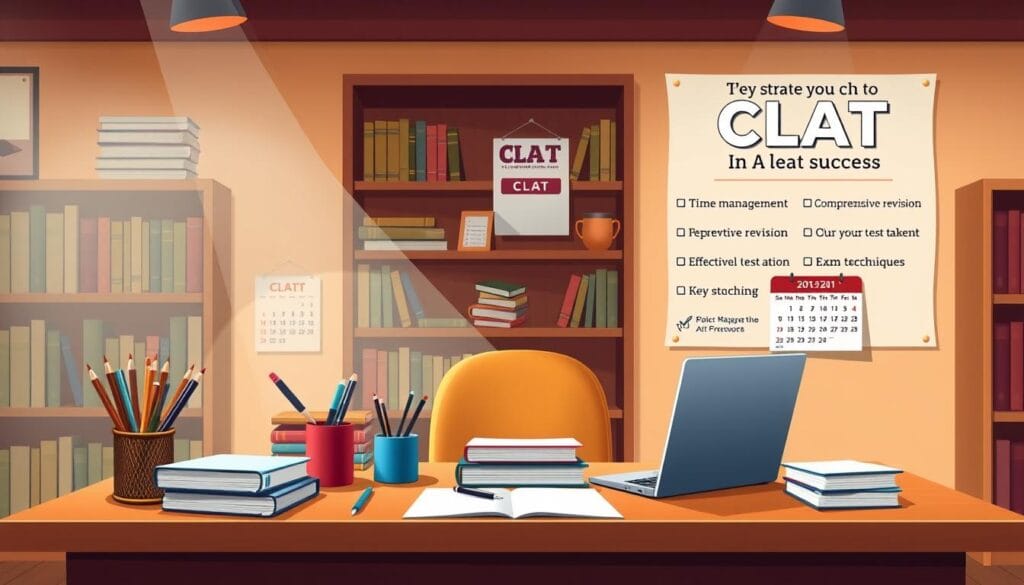The Unexpected Challenges of Online Legal Education and How to Tackle Them
Navigating the world of online legal education presents a unique set of challenges for aspiring law students, requiring adaptability and strategic planning. The shift from traditional classrooms to digital platforms often leaves students grappling with issues like self-discipline, lack of interaction, and difficulty accessing resources. Yet, with the right guidance and support, these hurdles can be transformed into opportunities for growth and success. Lawgic Coaching stands out by offering tailored CLAT coaching that addresses these challenges head-on, combining expert faculty with flexible learning options. Through comprehensive resources and personalized mentorship, students are empowered to overcome obstacles and thrive in their legal studies journey Legal Education and the Digital Divide: Communication Challenges.
Overcoming Self-Discipline Hurdles
Online legal education demands a high level of self-discipline, which can be challenging for many students. Without the structure of regular classroom attendance, students may find it difficult to remain focused. This section explores strategies and routines to enhance self-discipline in a digital learning environment.
Strategies for Staying Focused
Maintaining focus in an online setting requires intentional strategies.
-
Set Clear Goals: Determine what you want to achieve in each study session to provide direction and motivation.
-
Use Technology Wisely: Leverage apps like Focus@Will or Forest to minimize distractions.
-
Take Regular Breaks: Employ techniques like the Pomodoro Technique to balance study with rest.
A case study of students at Syracuse University’s College of Law revealed that those who employed digital tools to manage distractions reported improved concentration.
-
Key Insight: Incorporating digital tools can enhance focus.
Recommendation:
-
Schedule study sessions with specific goals.
-
Utilize apps to limit distractions.
-
Incorporate regular, timed breaks.
Building a Productive Study Routine
A structured study routine is essential for success in online legal education.
Consistency in scheduling creates a habit, paving the way for productive study sessions. Consider these steps to build an effective routine:
-
Create a Dedicated Study Space: Ensure your environment is conducive to learning, free from distractions.
-
Plan Weekly Schedules: Allocate specific times for study, breaks, and leisure.
-
Incorporate Active Learning: Engage with materials through quizzes and discussions.
A comparison of study routines among online students indicated that those with a structured routine performed better academically.
|
Routine Type |
Average Grade Increase |
|---|---|
|
Structured |
15% |
|
Unstructured |
5% |
Actionable Advice:
-
Define a consistent study schedule.
-
Use active learning techniques.
-
Set up a conducive study environment.
Enhancing Interaction and Engagement
Interaction and engagement are critical for online legal education. Without face-to-face contact, students may feel isolated. This section discusses how to create a dynamic virtual classroom experience.
Creating a Virtual Classroom Community
Building a sense of community online involves intentional efforts to foster interaction.
Virtual communities can be nurtured through regular discussions and shared goals. Lawgic Coaching, for instance, encourages students to participate in forums and group projects.
-
Real-World Example: A student community at Forbes demonstrated higher engagement through collaborative activities.
Steps to Build a Community:
-
Initiate Regular Discussions: Use platforms like Slack or Discord for daily interactions.
-
Organize Group Projects: Collaborate on assignments to build teamwork skills.
-
Schedule Virtual Meetups: Informal gatherings encourage bonding.
Recommendation:
-
Engage in daily discussions.
-
Participate in group assignments.
-
Attend virtual events.
Effective Communication with Peers and Faculty
Effective communication is foundational for success in online legal education.
Peer-to-peer and student-to-faculty interactions can be enhanced by using various communication tools:
-
Email and Messaging Apps: Maintain clarity and professionalism in all communications.
-
Video Conferencing Tools: Utilize platforms like Zoom for face-to-face interactions.
-
Discussion Boards: Engage in academic conversations to deepen understanding.
A study found that regular interaction via Tandfonline platforms improved student satisfaction with their courses.
Key Insights:
-
Regular communication boosts understanding.
-
Diverse tools cater to different communication needs.
Actionable Advice:
-
Use clear and professional language.
-
Schedule regular video conferences.
-
Actively participate in discussion forums.
Accessing Essential Resources
Access to resources is a cornerstone of successful online legal education. This section outlines how students can leverage materials and mentorship to excel.
Utilizing Comprehensive Study Materials
Comprehensive study materials are crucial for mastering legal concepts.
Lawgic Coaching provides a wealth of resources, from textbooks to interactive quizzes. These materials cater to diverse learning styles, ensuring comprehensive understanding.
-
Case Study: Students using LexisNexis resources appreciated the depth and breadth of available materials.
Key Takeaways:
-
Diverse materials cater to all learning styles.
-
Interactive content aids in retention.
Recommendations:
-
Explore all available resources.
-
Engage with interactive materials.
-
Review materials regularly.
Personalized Mentorship Benefits
Personalized mentorship can bridge gaps in understanding and provide tailored guidance.
Mentors offer personalized feedback and support, which is invaluable for students navigating online legal education. Lawgic Coaching pairs students with experienced mentors who understand the challenges of digital learning.
Example:
-
A mentorship program at Lawgic Coaching improved student outcomes by providing personalized guidance.
Benefits:
-
Customized feedback enhances learning.
-
One-on-one support addresses individual needs.
Actionable Advice:
-
Seek mentorship opportunities.
-
Engage regularly with mentors.
-
Act on feedback to improve performance.




